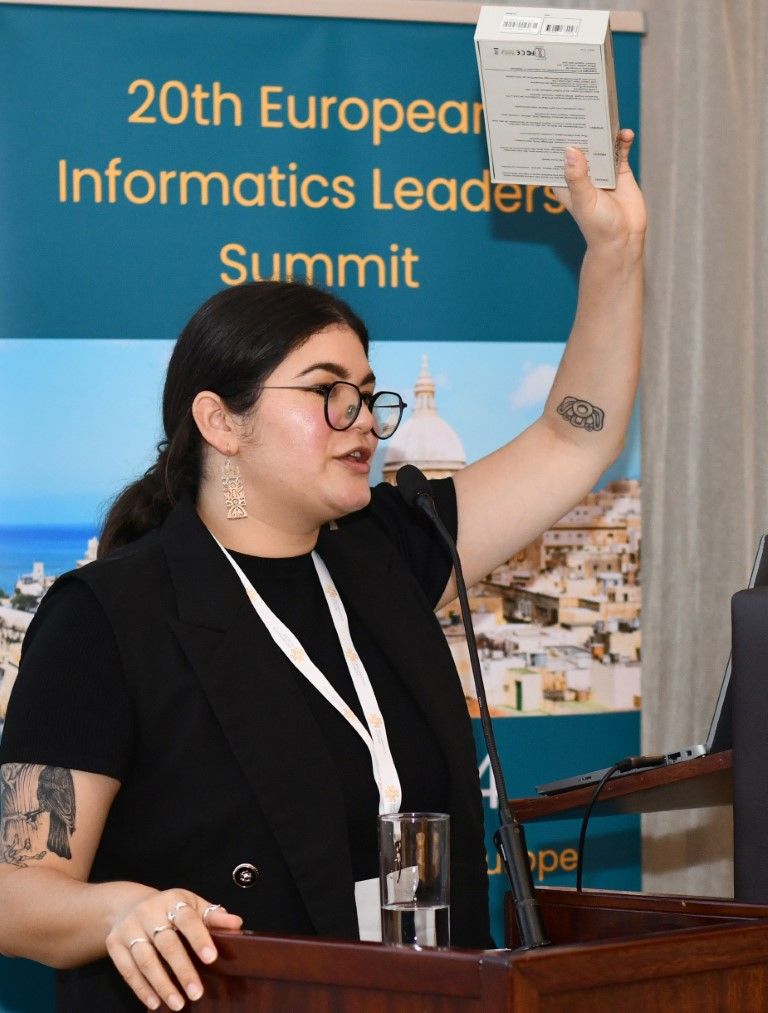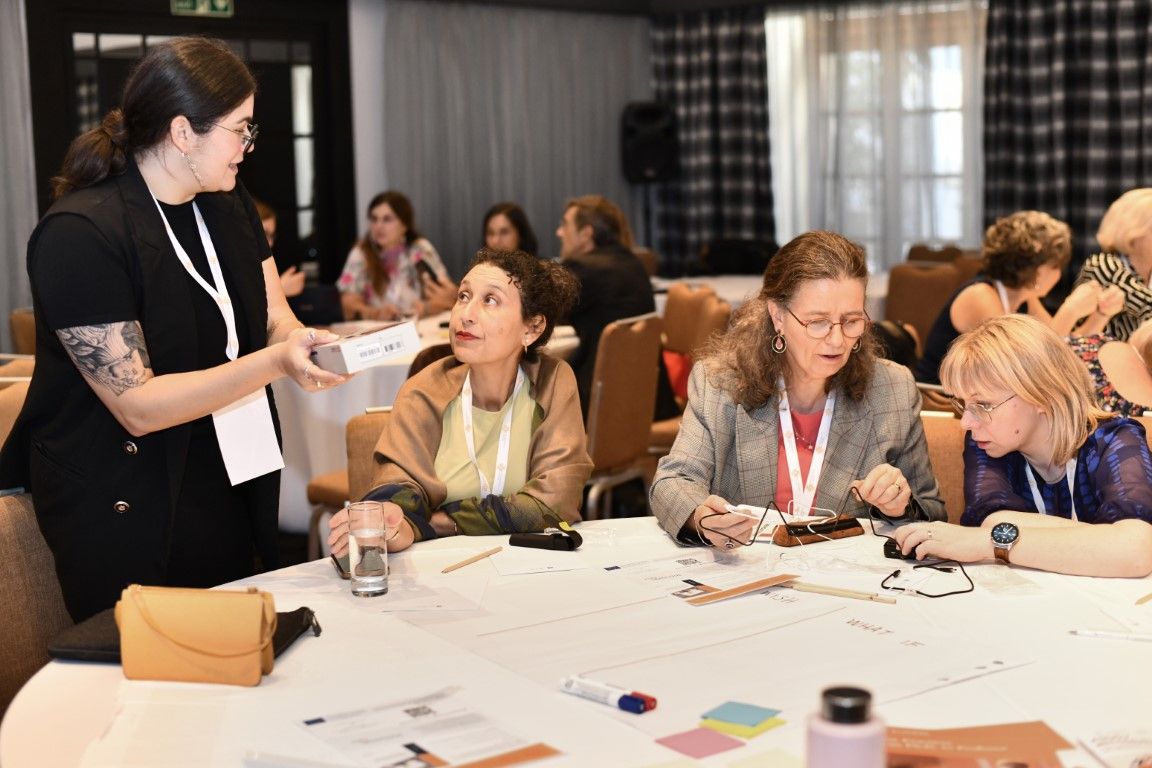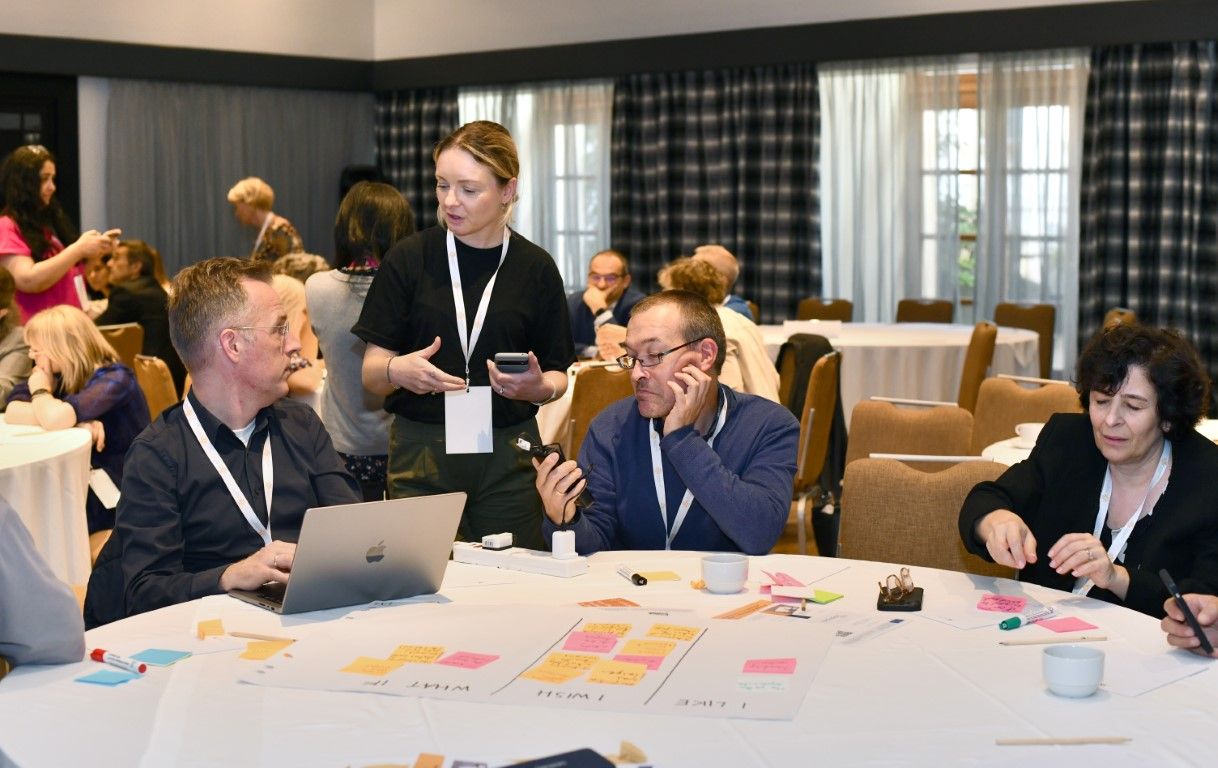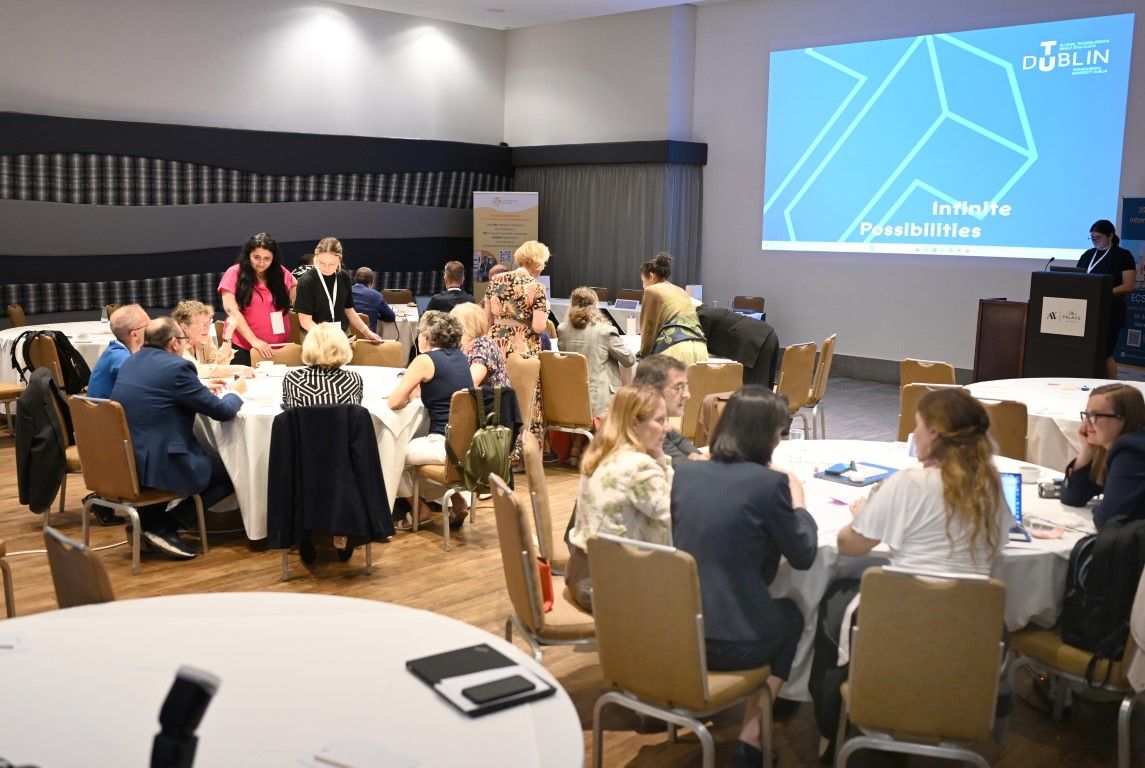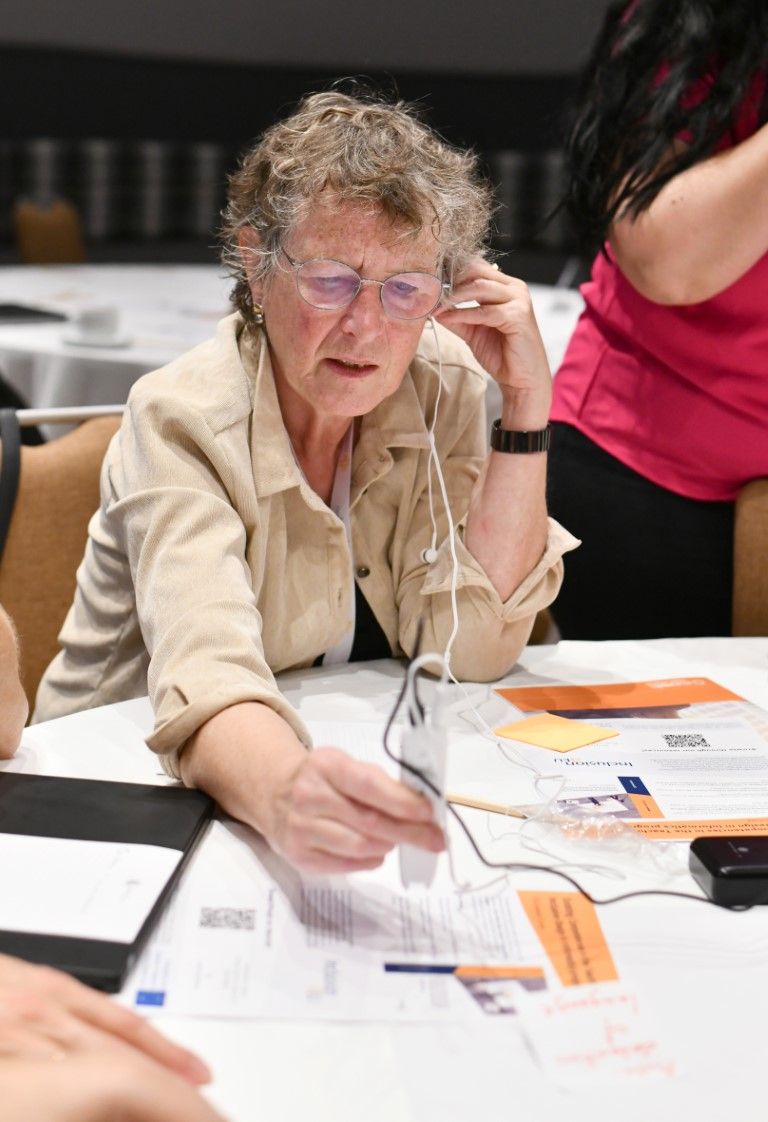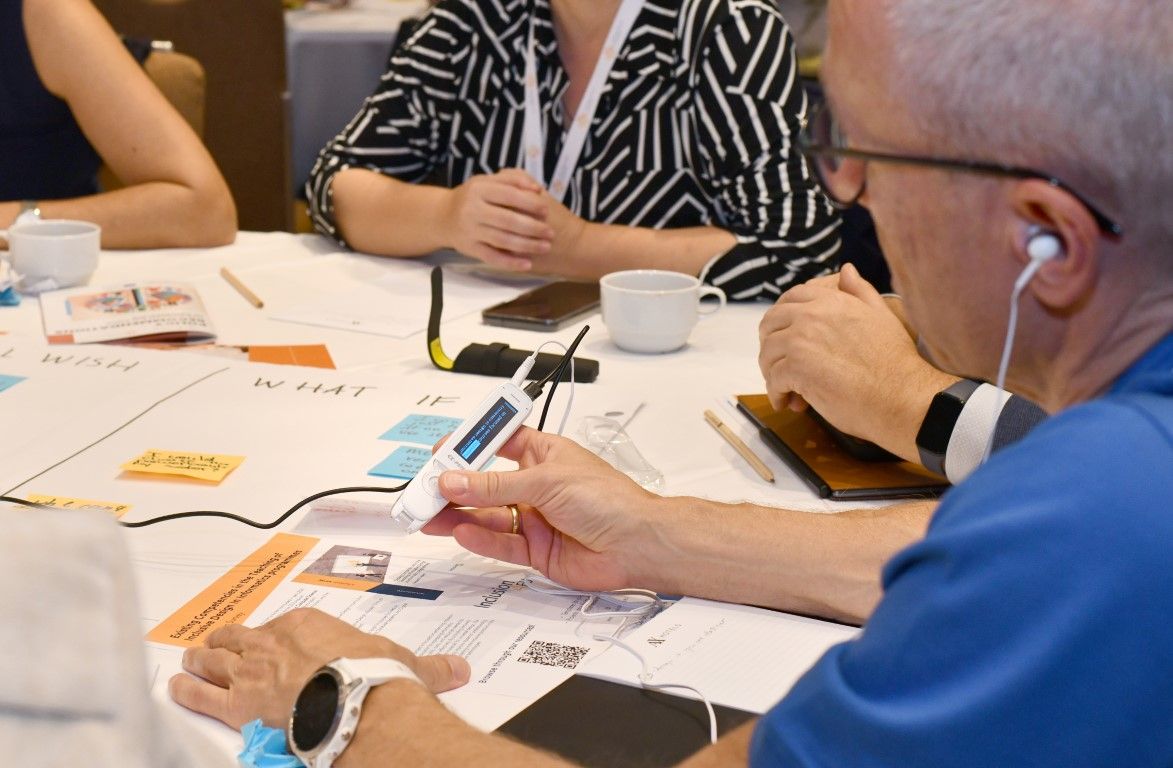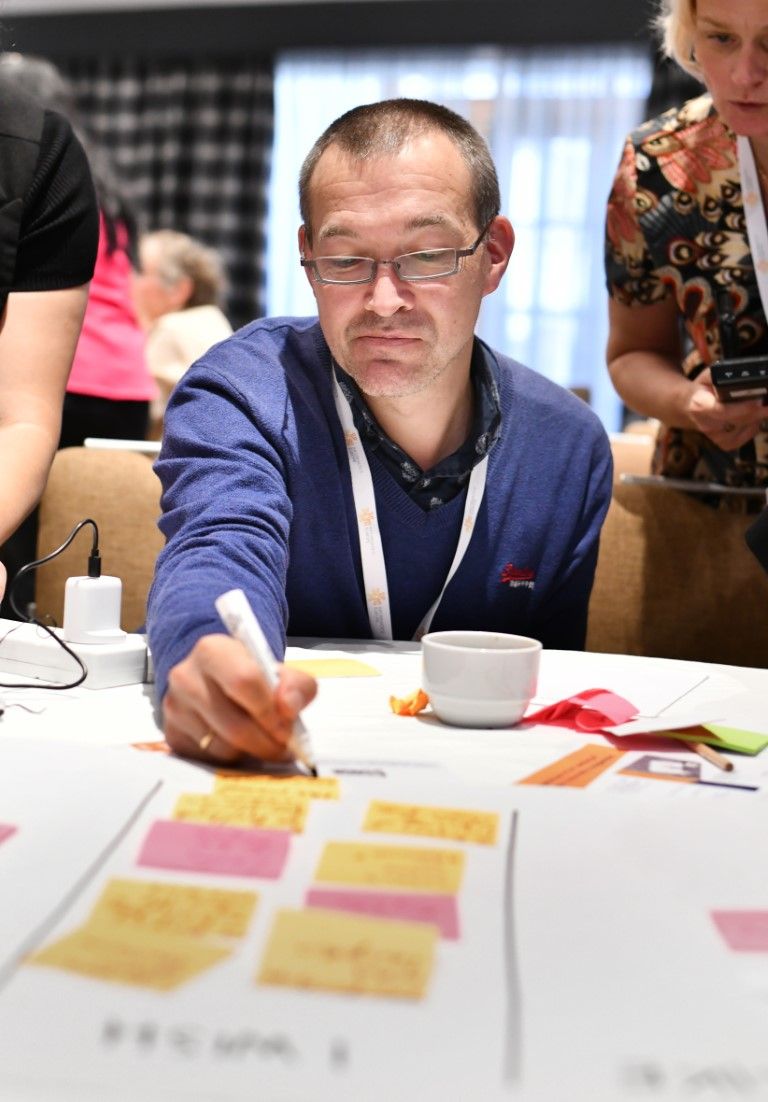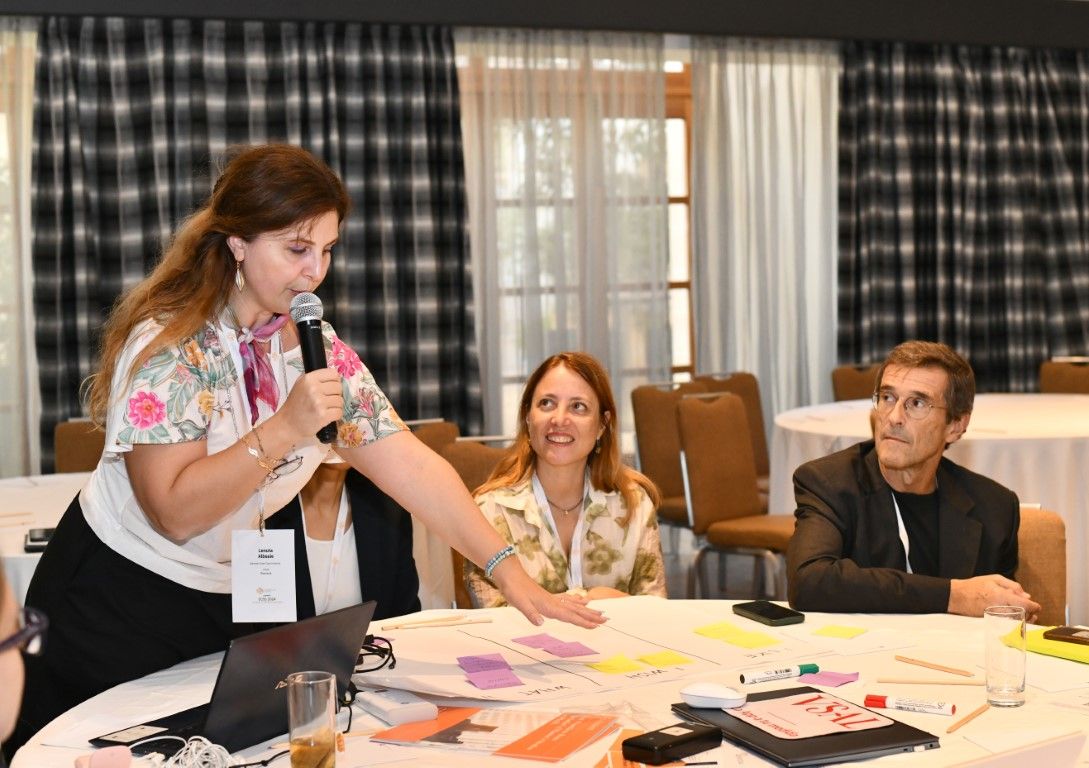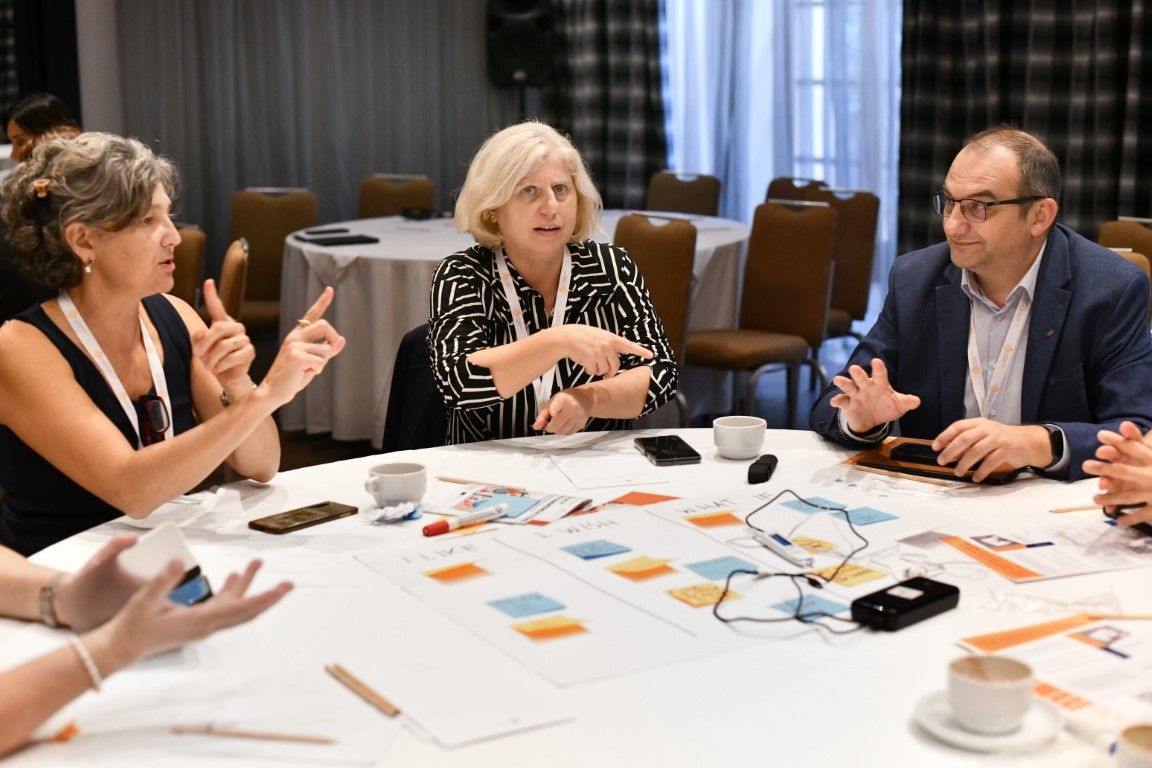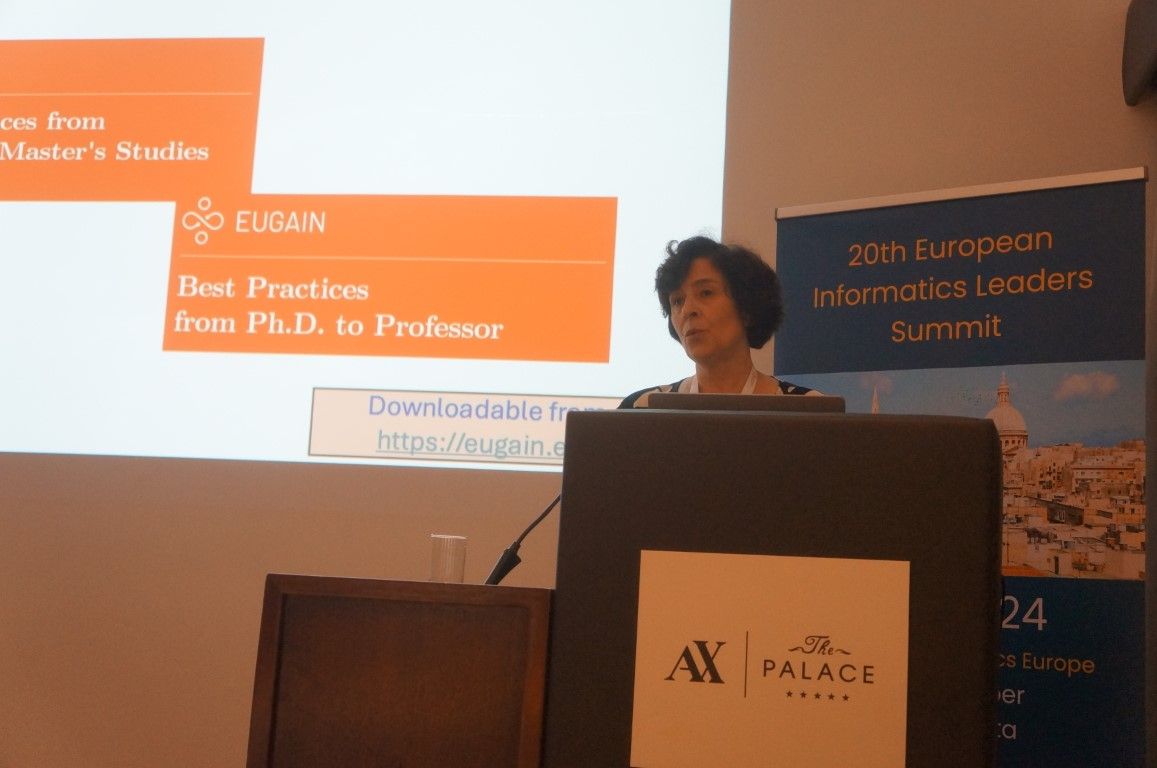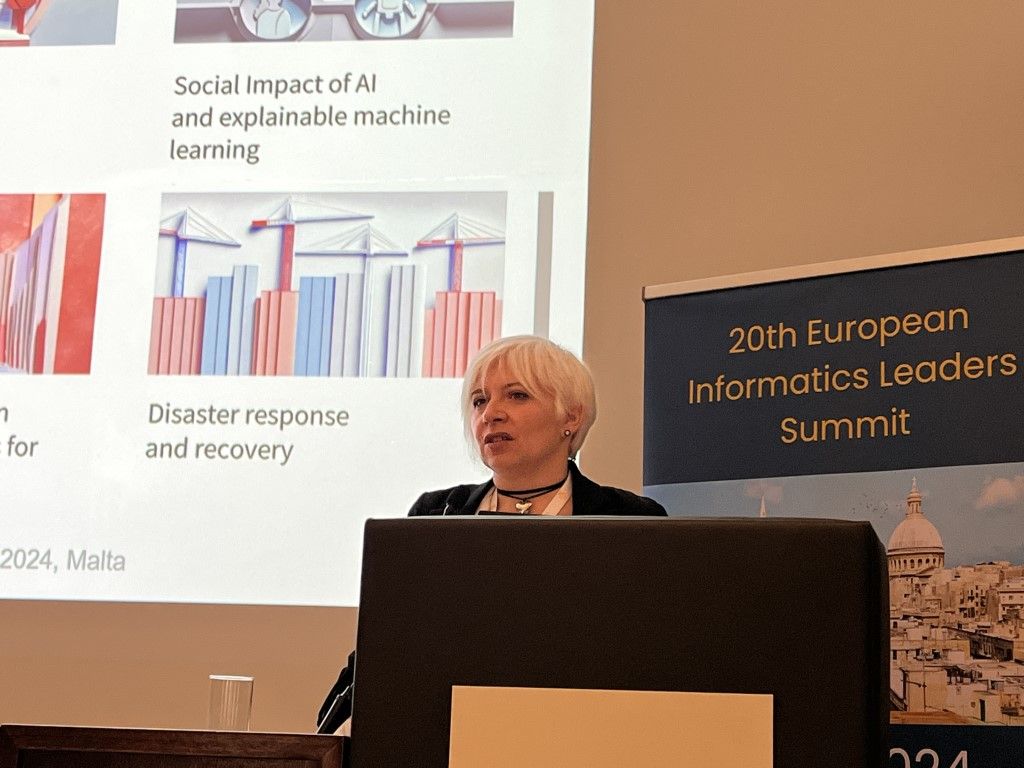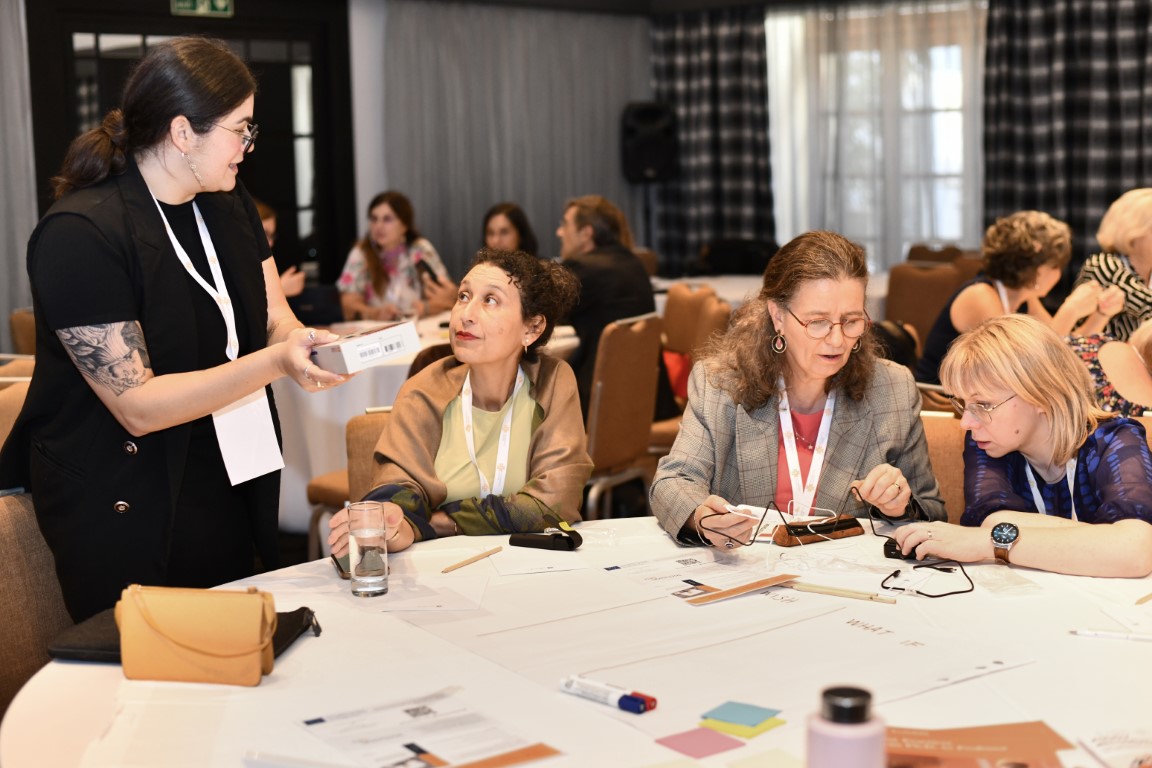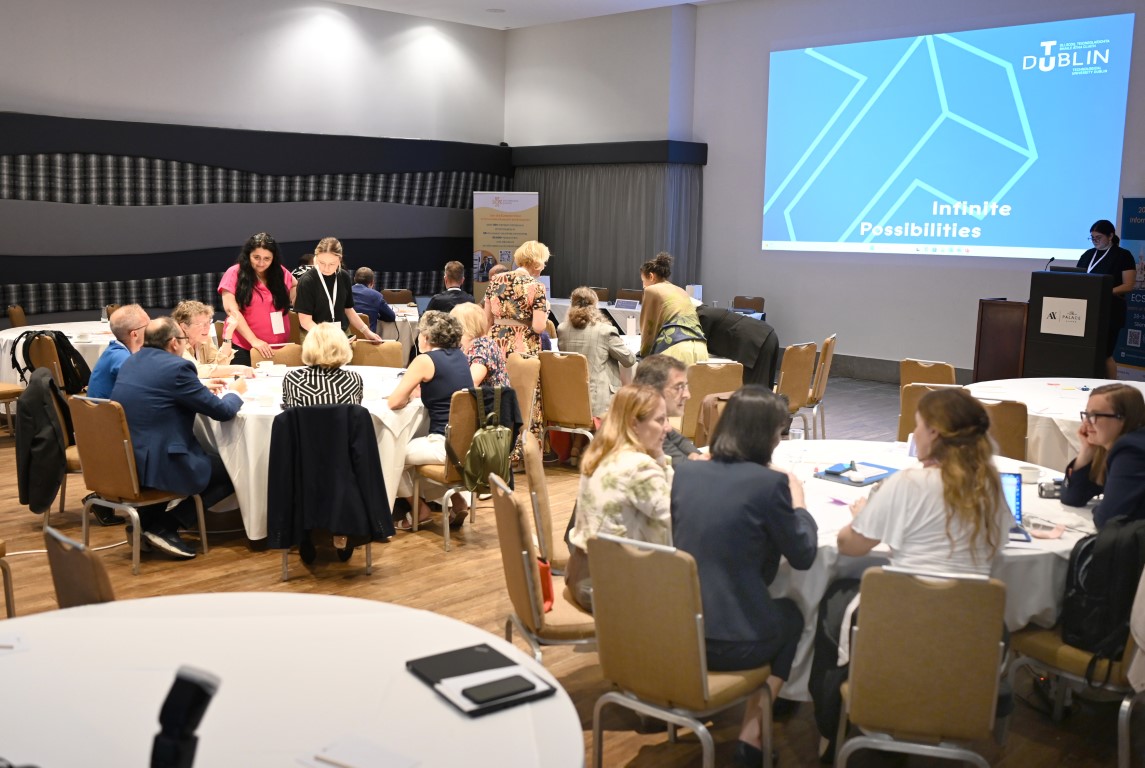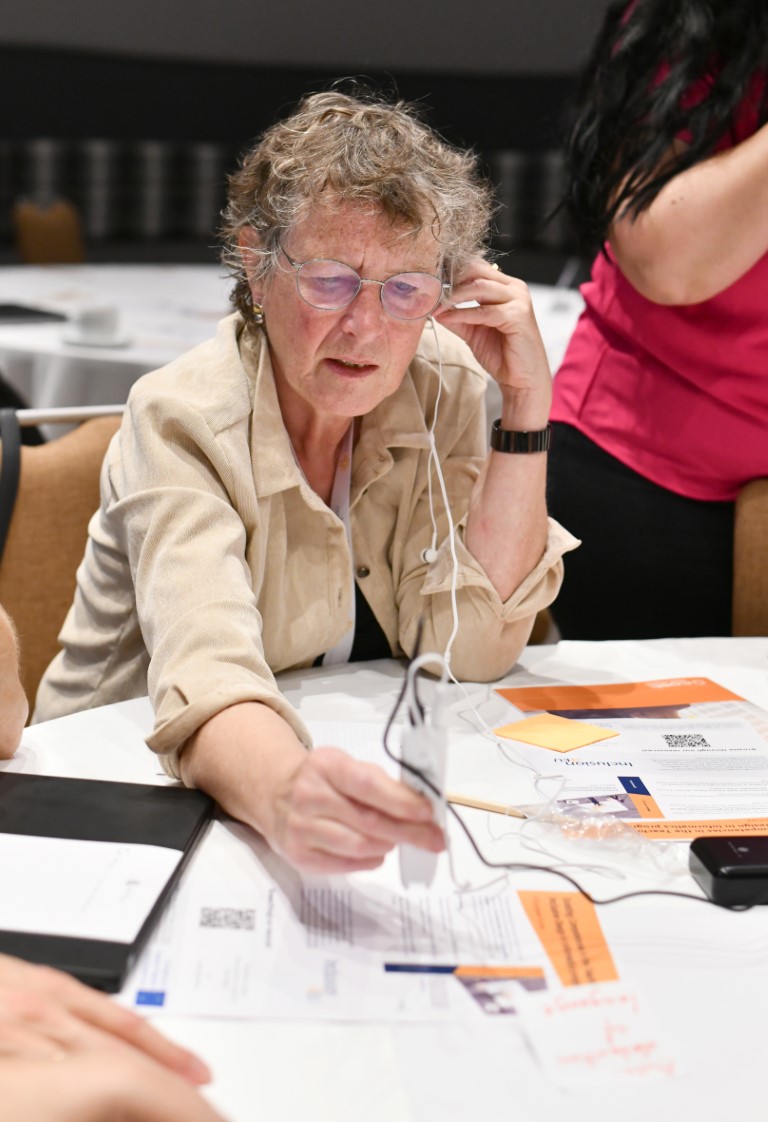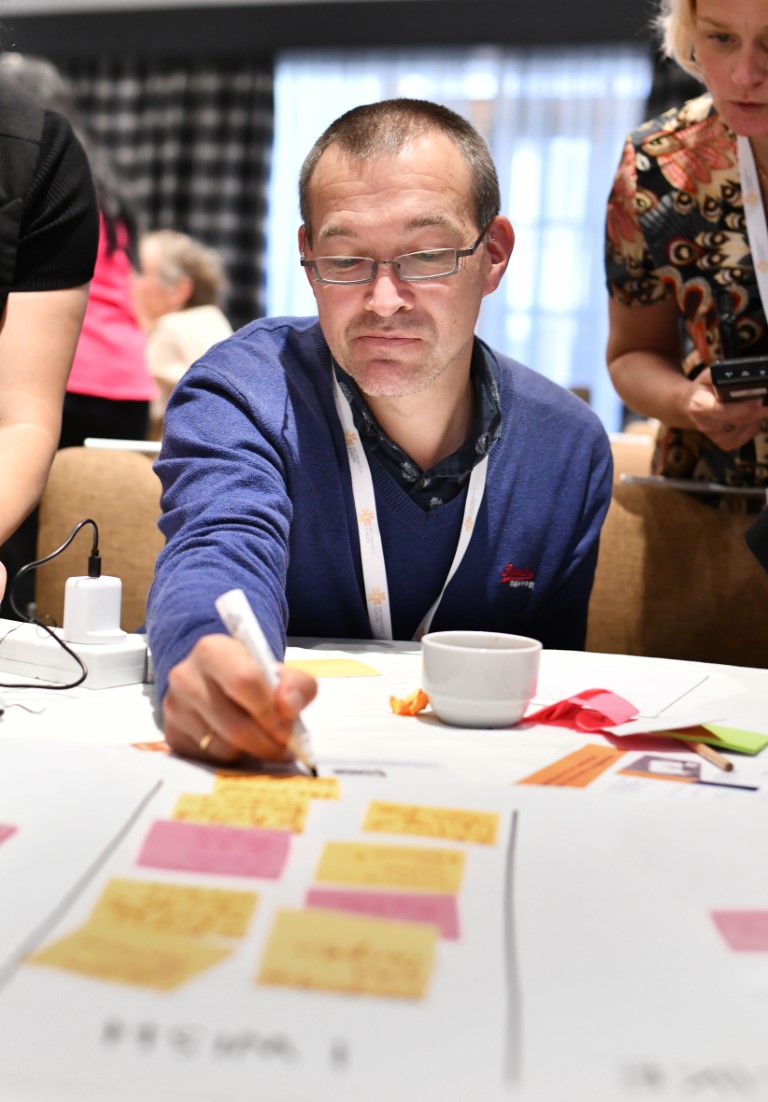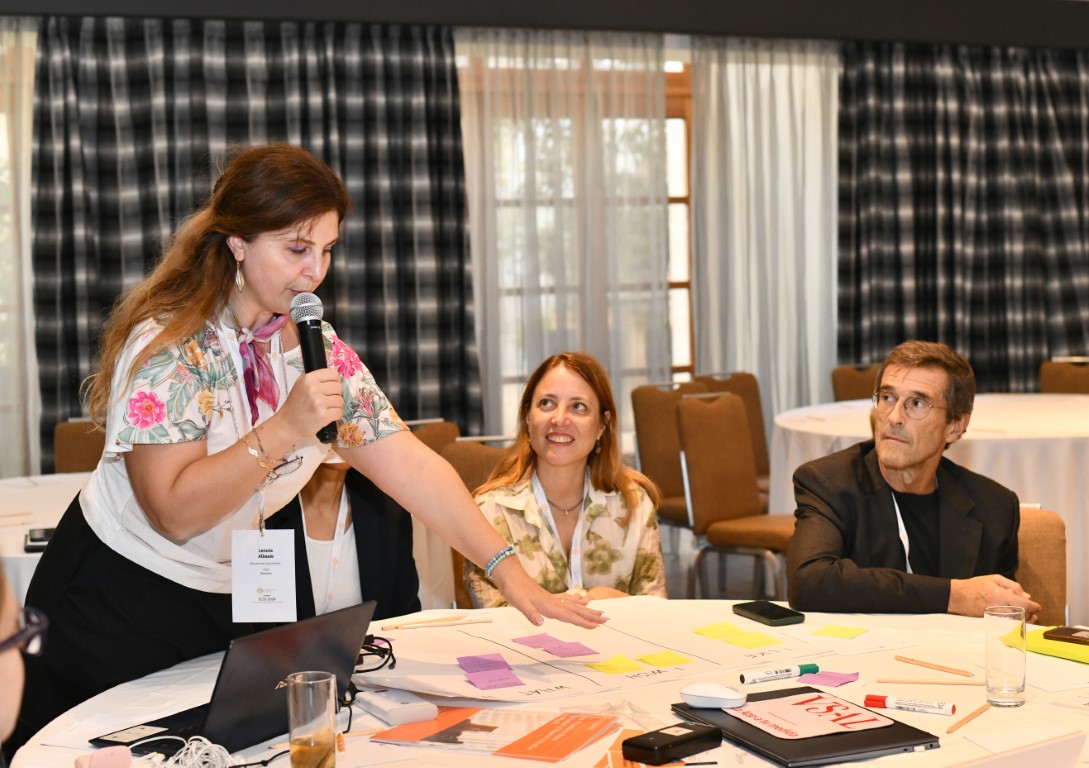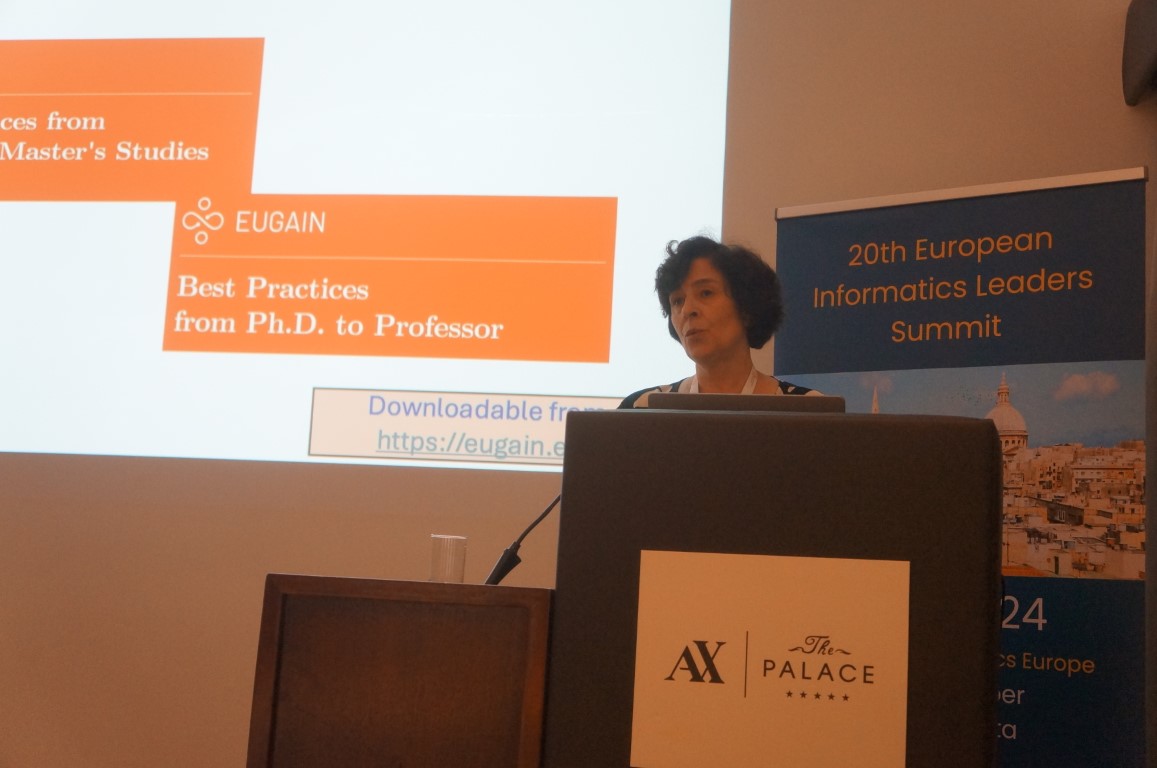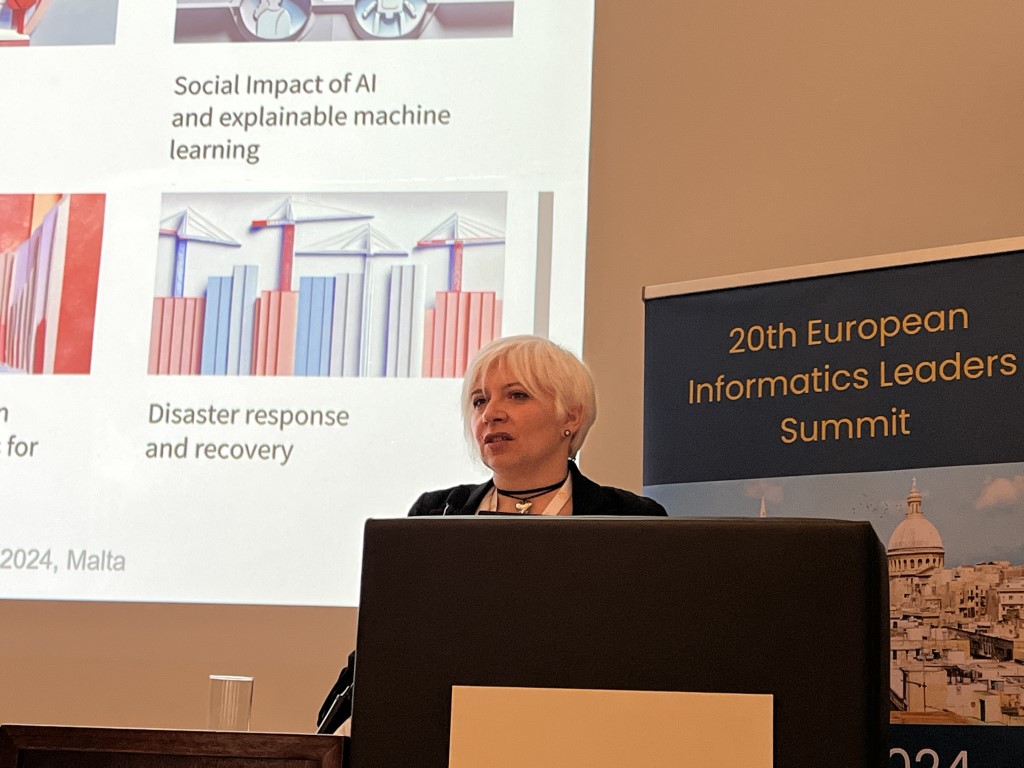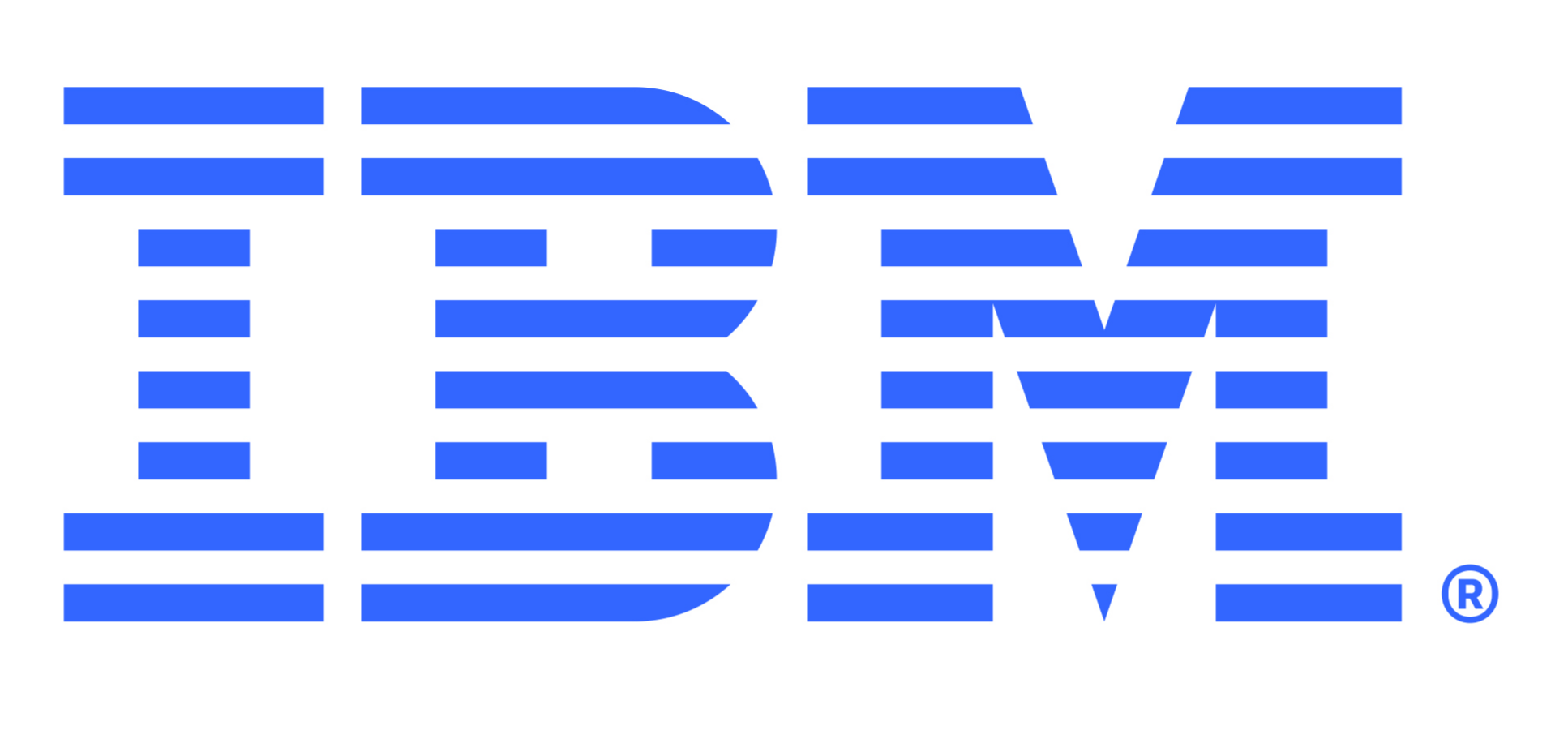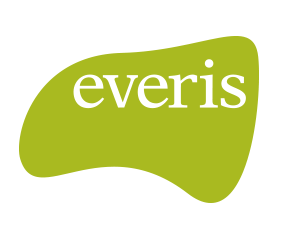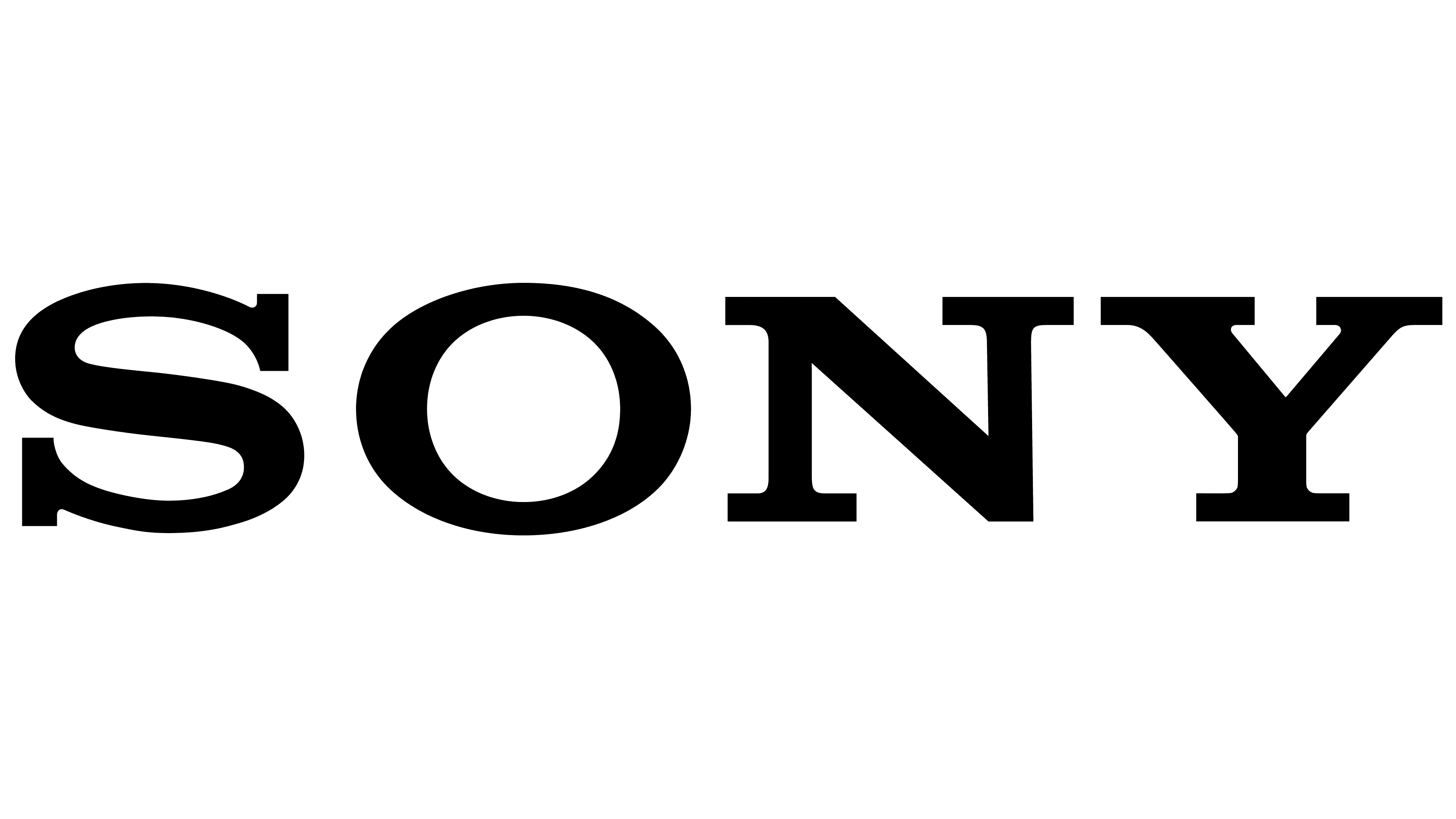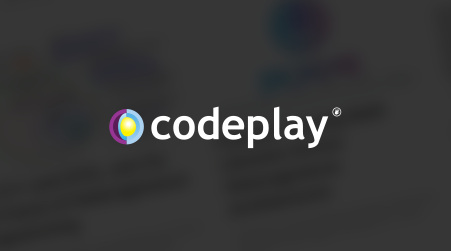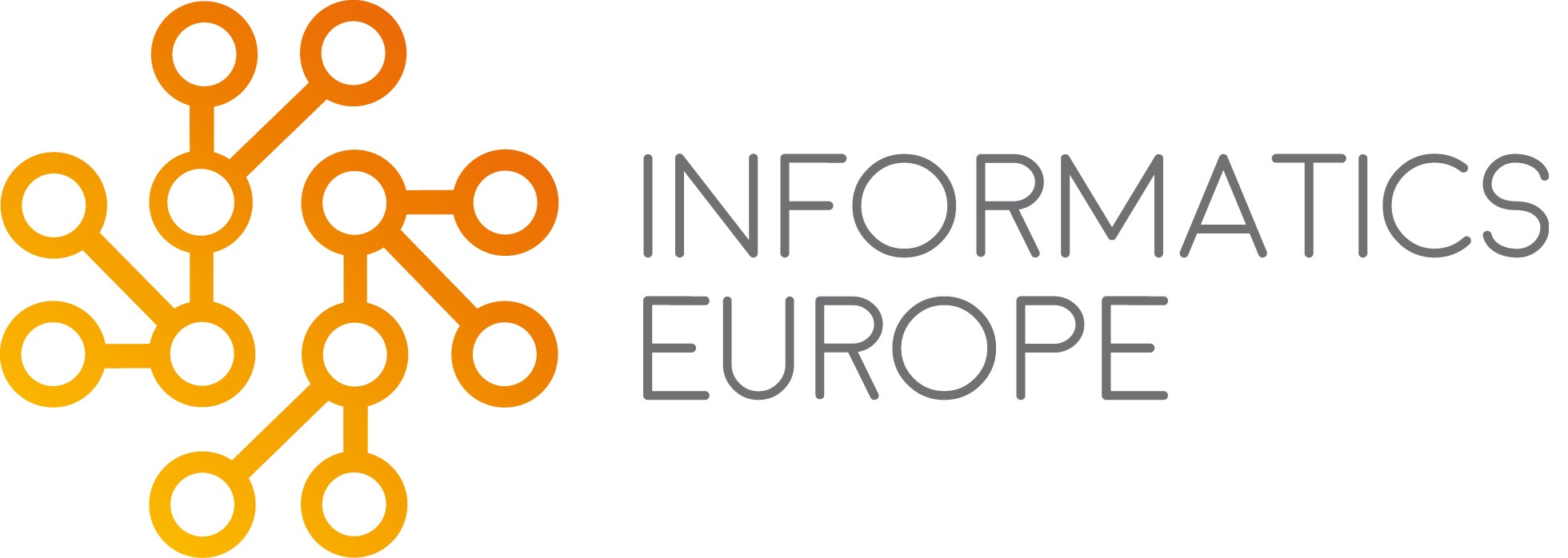Cultivating Diversity: Integrating Inclusiveness into Informatics Education
Supported by IE's Ethics and Diversity & Inclusion Working Groups, this Workshop was held on Tuesday afternoon, 29 October and chaired by Dympna O'Sullivan, TU Dublin (Ireland) and Simona Motogna, Babeş-Bolyai University (Romania).
In today's interconnected and diverse world, it is imperative that Informatics programmes embrace diversity and promote inclusion. This workshop offered a comprehensive examination of how diversity and inclusion are taught as integral components of Informatics disciplines along with an exploration of potential avenues for further enhancement.
Focusing on the findings from the Inclusion4EU and EUGAIN projects, the workshop focused on the following crucial aspects of cultivating diversity in Informatics disciplines:
- Understanding Diversity and Inclusion Concepts: Participants delved into the significance of diversity and inclusion within the realms of Informatics education.
- Curriculum Design: Participants explored methods for integrating diversity and inclusion into existing Informatics processes and curricula, ensuring exposure to diverse perspectives and experiences for students.
- Interactive co-design session: Engaging in a collaborative task with other workshop participants, attendees assessed existing technologies, confronted challenges, and considered how such methods can be used to better promote diversity and inclusion in Informatics education.
Workshop Rundown, Slides & Highlights
Read the workshop highlights here.
13:00-13:05 Introduction
13:05-13:20 Inclusion4EU project presentation by Dympna O’Sullivan, TU Dublin (Ireland) [Slides]
13:20-13:35 EUGAIN project presentation by Simona Motogna, Babeş-Bolyai University (Romania) [Slides]
13:35-13:45 Q&A session
13:45-14:15 Keynote speech "Diversity and inclusion: training activities of SoBigData EU Research Infrastructure" by Antinisca di Marco, University of L'Aquila (Italy) [Slides]
14:20-15:00 Interactive collaborative activity facilitated by Claudia Rivera, Svetlana Hensman and Helen Sheridan (TU Dublin) [Slides]
In a co-design session focused on evaluating assistive technology, participants collaboratively engaged in a dynamic hands-on activity to assess various assistive devices. Through guided discussions and interactive demonstrations, the session aimed to identify strengths and areas for improvement in the technology, fostering a user-centered approach to enhance functionality, usability, and accessibility. The session provided workshop participants with hands-on experience of co-design methodologies.
***
Inclusion4EU Erasmus+ project and EUGAIN COST Action are co-funded by the European Commission. The research of these projects has been collated in dedicated research reports that will be presented during the workshop. Informatics Europe is a partner in both projects and the grant holder manager of EUGAIN.
*Please note that the photos below are better viewed when applying zoom out.
